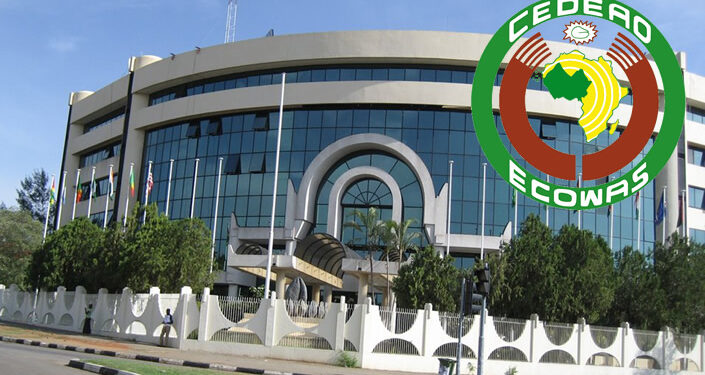The Economic Community of West African States (ECOWAS) has outlined plans to formalize the withdrawal of Niger, Mali, and Burkina Faso from the regional bloc, with a six-month transitional period commencing on January 29, 2025. The decision follows the conclusion of the one-year statutory period required for member states to complete withdrawal processes under Article 91 of the Revised ECOWAS Treaty.
At the close of the 66th Ordinary Session held in Abuja, ECOWAS Commission President Dr. Omar Touray confirmed the timeline. “The authority acknowledges the notifications by Burkina Faso, Mali, and Niger of their decision to withdraw from ECOWAS. Their memberships will cease officially on January 29, 2025, with a transitional period extending to July 29, 2025,” Touray announced.
This transition will allow time for resolving financial and legal obligations and preparing a framework for future political and economic relations between ECOWAS and the withdrawing nations.
Mediation Efforts Continue
The bloc extended the mandates of Senegalese President Bassirou Faye and Togolese President Faure Gnassingbé, who have led mediation efforts with the withdrawing countries since mid-2024. The leaders will continue their roles until the end of the transition period, working to foster dialogue and possibly reintegrate the states into ECOWAS.
Touray also announced that the ECOWAS Council of Ministers will convene an extraordinary session in mid-2025 to finalize the withdrawal framework and a contingency plan addressing political, economic, and security cooperation with the three nations.
Background and Key Developments
Burkina Faso, Mali, and Niger announced their intent to withdraw from ECOWAS in January 2024, accusing the bloc of straying from its founding principles and succumbing to external pressures. Their decisions came in the wake of military coups that led to ECOWAS-imposed sanctions and suspensions.
In response, the three nations formed the Alliance of Sahel States, prioritizing regional defense and distancing themselves from traditional Western allies, including France, while strengthening ties with Russia. Burkina Faso further solidified its withdrawal by launching a new biometric passport in September 2024, omitting the ECOWAS emblem.
Nigerian Leadership and Diplomacy
Speaking at the summit, Nigeria’s President Bola Tinubu, Chair of the ECOWAS Authority, emphasized the importance of unity within the bloc. Tinubu commended member states for their commitment to dialogue and called for continued efforts to address the challenges facing the region.
“As we move forward, let us remain united and committed to the principles that define ECOWAS—freedom, justice, and democracy,” Tinubu said. He reiterated Nigeria’s intention to pursue diplomatic solutions to the political crises in the three withdrawing nations, ensuring that innocent citizens are not disproportionately affected.
Broader Implications
The withdrawal marks a significant shift in regional dynamics, with ECOWAS left with 12 member states, including Nigeria, Ghana, Senegal, and Côte d’Ivoire. The bloc faces challenges in maintaining cohesion while addressing political instability and fostering economic integration across the region.
While ECOWAS prepares for the formal exit of Niger, Mali, and Burkina Faso, the transitional period may serve as a pivotal moment for redefining relations and exploring opportunities for future collaboration.
























